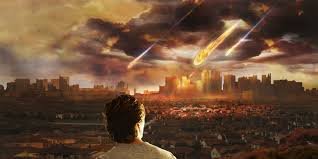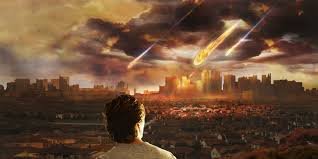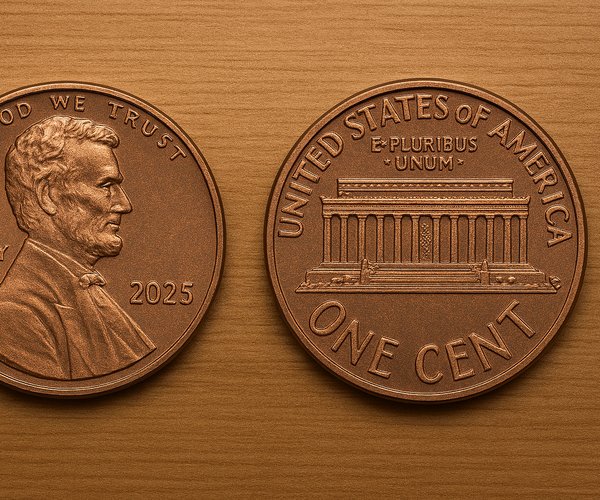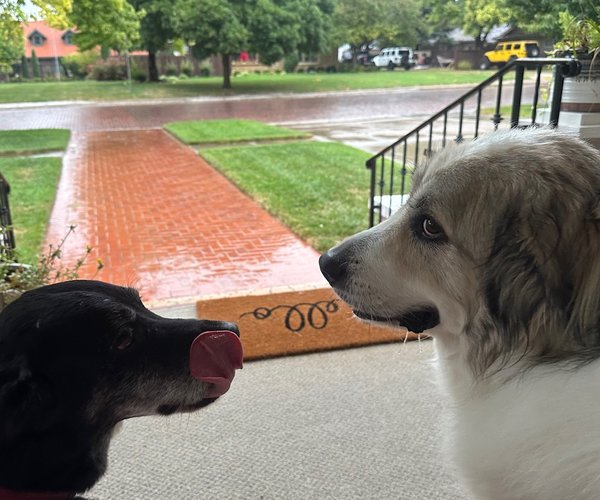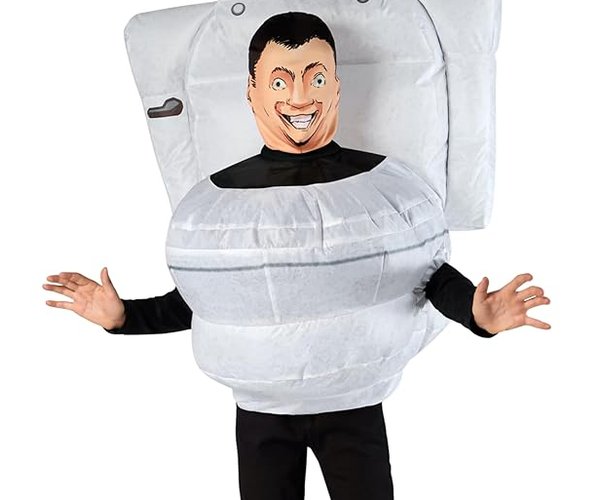Unlike many, Monday was a relatively calm deadline day in the newsroom at the Great Bend Tribune. Things went exceptionally smooth considering we are currently down a reporter and the person tasked with putting our pages together is on vacation this week. As always, those around me stepped up and got things done.
I was feeling pretty good once all the pages had been checked so I was hoping to decompress by looking at the headlines on MSN.com. And just that quick, my cool, calm demeanor quickly turned to fright. The very first headline I read was “Earth is running out of oxygen sooner than expected as NASA sets date for ‘end of life.’”
What the...? The piece was written by someone named Sinead Butler. To say the headline grabbed my attention was an understatement.
The article started with “Oxygen gives us life – but for how long?”
Okay, Sinead. You have my full attention. Here are some of the other statements I pulled from it.
“The lifespan of oxygen-rich atmospheres may be shorter than we previously thought.”
“The Earth getting warmer will cause carbon dioxide (CO2) in the atmosphere to break down, and so in these conditions the planet will struggle to grow as it requires carbon dioxide for photosynthesis. And if plants cannot survive, then we’re in trouble, as it is Earth’s main source of oxygen. A lack of oxygen being generated will cause the planet to lose its protective ozone layer, meaning high levels of ultraviolet radiation will be able to reach Earth’s surface.”
My thought was that humans, and other species who also rely on oxygen for life, couldn’t survive in this kind of environment. All I could think was I need to warn my family. I don’t have a ”Doomsday Preppers Kit” made up. I need to order a tanker truck full of oxygen!
Then I read that “Experts reckon the decline will first begin ONLY 10,000 years from now, which isn’t as far away as it sounds.” And, according to a new study, “NASA scientists believe Earth’s atmosphere will collapse within the NEXT BILLION YEARS.”
Whew. I felt better — for a minute.
As I continued to scroll MSN, still shook, the news kept getting worse.
An article published by Nature Geoscience was titled “Scientists Predict a Volcanic Eruption That Could End the World.” It claimed “scientists are keeping a close eye on supervolcanoes, because if one erupts, it could be game over for humanity! These massive volcanoes have the power to blast so much ash into the sky that it could block out the sun for years.”
It also said “Yellowstone is predicted to explode in the next couple of thousand years. ... The odds are better that the world will end from a planet-destroying asteroid.”
Damn! Now I have to worry about asteroids!
I should have stopped there, but I kept charging ahead. Next was an article about the fires – Megafires – in Arizona and Utah. (I failed to get the credit info for this one.)
“A wildfire burning in the Grand Canyon has gotten so big it’s now classified as a ‘megafire’ and has combined with another fire to become so hot it’s created it’s own weather system. The blaze has such high temperatures it has spurred the formation of ‘fire clouds’ that can create their own erratic weather systems.”
What are the odds of another “End of the World” article within one round of stories on MSN?
Well – there was one more to go.
“These 9 U.S. cities will become uninhabitable...” The article listed the following cities that people will be escaping from – some as soon as 10 years from now:
Miami (sea level rising), Phoenix (extreme heat and depleting water supply), New Orleans (rising seas, sinking land, aging levees), Las Vegas (unsustainable water supply from Lake Mead), San Francisco (climate threats and deteriorating infrastructure), Houston (frequent flooding, poor drainage, industrial pollution), New York City (rising seas, aging infrastructure, soaring maintenance costs), Sacramento (aging levee system, increased rainfall and snowmelt, wildfires), and Chicago (extreme weather, flooding, poor performing sewer systems, changing levels in Lake Michigan).
I was mentally drained after all the doom and gloom forecasts. It was as if I had just read the script of a “Mad Max” movie. The only positive was not one of these disasters was being blamed on President Trump.
Maybe we should create a small preppers kit with food and water and first aid supplies for unexpected catastrophic events.
I still remember driving to Great Bend High School each morning and listening to my favorite personality on KVGB, George Donnelly. He always ended his morning reports with this phrase: “Aren’t you glad you live in the Golden Belt!” In this day and age, your answer should be a resounding “YES.”
— Keith Lippoldt
